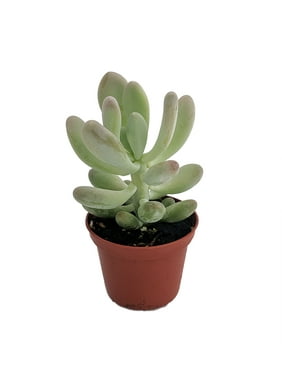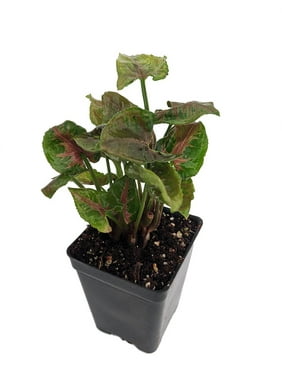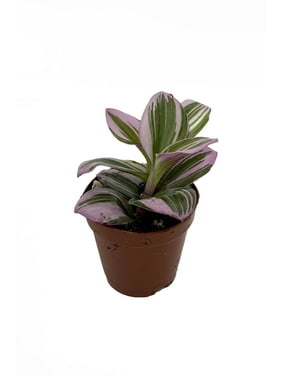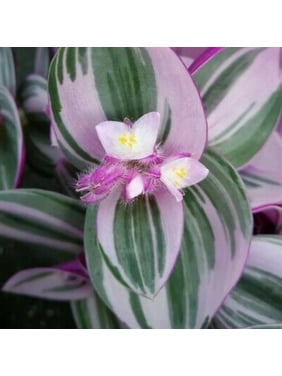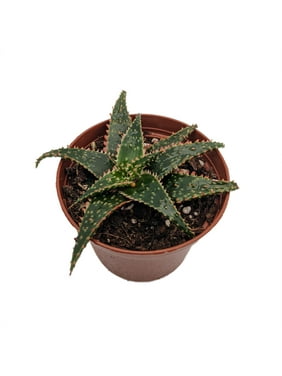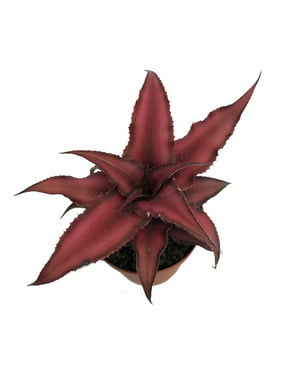

Caladiums, also called Elephant Ear, or Angel Wings, are unique tropical perennials. They can easily give you the visual impact of flowers while only being foliage plants. Some varieties such as Caladium ‘Pretty Pink’, Caladium ‘Pink Splash,’ Caladium ‘Thai Beauty,’ & Caladium ‘Florida Sweetheart’ have rich hues of pink. Click here to see several other stunning Caladium varieties. Learn more about Caladium care and growing tips here.
Syngonium podophyllum ‘Neon Robusta’, commonly called Pink Arrowhead Vine, features light green foliage tinged with iridescent pink. These subtropical evergreen climbers are a super versatile species. Happy a bushy houseplant or as an outdoor vine. Juvenile leaves are ovate with heart-shaped bases and sometimes with silver variegation. ‘Neon Robusta’ is characterized by its upright and symmetrical plant shape, freely branching growth habit, and dense and bushy plant form. Learn more here.

Philodendron erubescens ‘Pink Princess’
Philodendron erubescens ‘Pink Princess’ is a climbing aroid with dark leaves and light pink variegated blotches. Leaves can grow to 9 inches long and 5 inches wide. The stems are also blotched with pink. Variegation will increase if the plant is cut and prevents Pink Princess from reverting to just dark leaves. Solid pink leaves is the goal for many plant enthusiasts. A rare sight for most plants.

Philodendron ‘Pink Congo’
Philodendron ‘Pink Congo’ gets its rich pink foliage from a chemical. When ethylene is stimulated in high concentrations, pink bubble gum leaves are produced. Originally developed for events like weddings or quinceañeras. Still a beautiful plant, but not naturally occurring in nature.
The Stromanthe sanguinea has been changed to Stromanthe thalia Triostar, but the older name is still in use. It is also commonly called the Never Never Plant, Variegated bloody stromanthe, Ctenanthe Tricolour, or Calathea Tricolour. It is a common houseplant in temperate climates for its striking variegated pink and red leaves. One of the most colorful variegated plants you can grow. Learn more here.
From a family (Aglaonema) of colorful that are easy to grow houseplants. ‘Pink Dalmatian’ has bright blue-green foliage, spotted pink speckles. It is easy to see why this beauty is referred to the Dalmatian of the plant world. A slow growing sub-tropical foliage plant with large glossy narrow oval leaves with short stems. Aglaonema comes from Greek words ‘aglos’ (bright) and ‘nema’ (thread). As a house-plant the main requirements are warmth, out of draughts, moisture, and bright light – particularly for variegated cultivars – but not direct sunlight. Learn more about ‘Pink Dalmatian’ care here.

Aglaonema 'Two Tone Moonstone'
Aglaonema Two-Tone Moonstone Plants are one of the hottest new Chinese Evergreens on the Market. Very Interesting multi-colored Leaves make this clean air plant a real standout in Low Light. Learn more about caring for Aglaonema ‘Two Tone Moonstone’ here.
You’ll have a hard time finding a plant with more red coloration on the leaves. Red Valentine Chinese Evergreen plants are an excellent clean air plant that is truly easy to grow. Learn more care instruction for Red Valentine here.
Red Aglaonema has an exotic, tropical look and is as colorful as any bouquet of flowers–but much longer lasting. If you love the beauty of flowers but want something more long lasting, try Red Aglaonema in your home. This easy to grow indoor houseplant is native to warm areas of Asia, but will grow happily indoors in your home when placed in bright indirect light. Red Aglaonema is a popular decorator choice for homes because of its beautiful red-tinged leaves.
Buy it: Red Aglaonema
Polka dot plants (Hypoestes phyllostachya) are common houseplants with colorful foliage. They are highly hybridized to produce a variety of colors and types of leaf spotting. Leaves are brightly dotted in pink, purple, red, or white. The most common polka dot plant on the market features leaves with a pink base color and green spots. Learn more about caring for Polka Dot Plants here.
Fittonia is commonly known as the Mosaic plant or the Nerve Plant. This trailing stunner has deeply veined leaves. Those veins can be white or deep pink, which makes each leaf look like a mosaic or stained-glass window. This tiny plant thrives in containers because it stays small. Ideal for terrariums and small pots.

Solenostemon scutellarioides ‘Pink Chaos’ | Coleus
‘Pink Chaos’ is a fun plant with mixes of bright pink and mint green. Definitely a showstopper. As an added bonus, this beauty even attracts hummingbirds! Looks great in a small pot or a hanging basket with several draped down. Self-branching with a spread of up to 8″. Grow in partial shade or a window location. The optimal temperature range is 70°F to 100°F. Keep evenly moist in very bright indirect light or morning sun for best color results.

‘Picture Perfect Salmon Pink’ | Coleus
Coleus plants, also commonly called Painted Nettle, are widely grown for the highly decorative variegated leaves found in cultivated varieties. This tropical evergreen tender perennial that has been a popular foliage plant since at least Victorian times. Cultivars range in size from dwarf 6” tall plants to large mounded 36” tall plants.
Hemigraphis alternata ‘Snow White’ also known as Waffle Plant, is a stunning houseplant. It has light green foliage variegated with white and pink edges, and magenta-purple undersides. She hates drying out, so do not let it wilt. Trails beautifully from hanging baskets with its cascading foliage. Learn more care instructions and tips here.
If you love variegated plants, especially those that blush in tones of pink, this tri-colored form of “Moses in the Cradle” is for you. It has many additional common names such as: Moses in the Bulrushes, Tradescantia spathacea ‘Tricolor’, Tradescantia spathacea variegata, Variegated Tradescantia spathacea, Tricolor Moses in the Cradle, Tricolor Spiderwort, Variegated Moses in the Cradle, Rhoeo Discolor, Moses-in-a-Boat, Boat Lily, Cradle Lily, or Oyster Plant. Learn more care tips here.
Buy it: Tricolor Moses in the Cradle plant, Walmart $17.99

Because of its delicate and showy leaf patterns, calathea is also known as zebra plant, peacock plant, and rattlesnake plant. Calatheas are sometimes called prayer plants, too, because they fold their leaves up at night.
The Ginny Peperomia has wide green leaves with an irregular creamy margin. Overall, the growth habit is slightly branching that is improved by occasionally pinching. Ginny Peperomia is an easy, rewarding plant. Peperomias prefer bright to moderate light and the soil should be allowed to dry slightly between watering. Excellent house plant.
Buy it: Rainbow Ginny Peperomia, Walmart $6.99
Pachyphytum bracteosum has fleshy gray-blue leaves that form loose rosettes. Tips tinge with pink when exposed to the sun. It’s covered in a thick, powdery coating of farina (epicuticular wax) that protects it in full sun and gives it a soft appearance. The stems can grow up to 1.0′ long, but they take well to pruning and replanting. Makes an excellent house plant in morning sun or very bright, indirect light. Water when dry.
Buy it: Pink Moonstone, Hirt’s Gardens, $6.99
Pink Fairy Arrowhead Plant are perfect for your Fairy Garden or small terrarium garden. It’s hard to find a more colorful, rugged specimen. Mature Size: Shrub 3″ tall X 5″ wide. Bright, indirect light. Zone: 9 -11
Buy it: Pink Fairy Arrowhead Plant, Walmart $4.99
A popular plant with a lustrous leaf surface, striped with cream, dark-pink, white, and purple undersides. It also produces pink flowers. Wandering Jew plant care requires bright indirect light. If the light is too dim, the leaf markings will fade. Keep the soil slightly moist, but don’t water directly into the crown as this will cause an unsightly rot in your Wandering Jew plant.
Care should be taken, particularly in winter, that the plant doesn’t become too dry. Mist Wandering Jew plants frequently. Feed your plant monthly with a half-strength liquid fertilizer. An important part of growing Wandering Jew plants is pinching back the long, vining tendrils. Pinch back about a fourth of the plant to encourage branching and increase fullness.
Buy it: Rare Nanouk Pink Wandering Jew, Walmart $14.99
Wandering jew plant care requires bright indirect light. If the light is too dim, the leaf markings will fade. Keep the soil slightly moist, but don’t water directly into the crown as this will cause an unsightly rot in your wandering jew plant. Care should be taken, particularly in winter, that the plant doesn’t become too dry. Mist wandering jew plants frequently. Feed your plant monthly with a half-strength liquid fertilizer. An important part of growing wandering jew plants is pinching back the long, vining tendrils. Pinch back about a fourth of the plant to encourage branching and increase fullness.
Buy it: Wandering Jew
Dracaena marginata is a perfect choice for newbie gardeners. This drought and low-light resistant dracaena variety has long, narrow green leaves with pink margins. is notable for its long, narrow leaves and slender, woody stems. Dragon trees are tolerant of neglect, so they’re a good option if you’re a forgetful. Grows up to 8 feet tall. Tolerates low to bright light, but its pink color will look best if it’s grown in bright light (just avoid full sun). Water when soil is dry to the touch. Buy It: Dracaena marginata
The Strawberry & Cream Ruby Pink Rubber Plant (Ficus elastica) has shiny leaves attractively outlined in strawberry-pink. The classic Rubber Tree or Rubber Plant is one of the oldest plants used as a houseplant worldwide. Ficus trees are very easy to care for once they are settled into their new home. Able to adapt to and endure lower light conditions and generally poor treatment.
Provide as much light as possible, keep away from cold and drafts in winter, keep soil lightly to moderately moist with good drainage. Most any soil will be fine and largely sandy soils mixed with some organics are ideal. Light fertilization is best. “Strawberry & Cream Rubber Trees are not only perfect indoors, but great for an outdoor patio in summer or mild climates. Buy It: Strawberry & Cream Ruby Rubber Tree Plant – Ficus, Hirt’s Garden, $14.99
Ficus elastica ‘Burgundy’ Rubber Tree Plant is one of the most commonly kept varieties of Ficus. Rich burgundy colored leaves can get 8-12” long and 4” wide. Place in bright light to enhance the dark burgundy coloring, but this plant does well in low light conditions too. It is very easy to care for and will do fine if it is only watered when the soil becomes dry. This plant is considered to be top of the list for air purifying plants!
Buy it: Ficus elastica ‘Burgundy’ Rubber Tree
Cordyline plants thrive outdoors but also make excellent houseplants. They have leathery variegated leaves that have pink or white edges. My favorite is the Pink Cordyline due to its sword-shaped leaves and intense hues. When the plant is still young, its leaves produce a deep red coloring. As it matures and becomes established, it slowly changes to dark burgundy and bright pink color.
Hawaiian Cordyline Fruticosa make great houseplants or outdoors as landscaping. Easy to grow and low maintenance. Can grow into shrubs up to 8 ft tall. Locals plant the Ti log Plants around their homes to ward away evil spirits and bring good Luck.
Red Cordyline ‘Red Star’ loves full sun (hardy in zones 8 – 11). Long, bright red leaves with white blossoms. This Red Star variety is native to New Zealand, and part of the Liliaceae family. They thrive in hot environments and make for excellent assets in a desert garden. Plant them in sandy well draining soil, as too much water will cause root rot. They can tolerate long periods of drought and are popular as houseplants as well.
Buy it: Red Cordyline ‘Red Star’
Variegated Crotons (Codiaeum variegatum) are easy to grow and are low maintenance. Leaves display a variety of colors from bright pink, green, to gold, to orange and deep burgundy red depending on the variety. Thrives in medium to bright indirect light, but can tolerate low indirect light.
Buy it: Variegated Croton
The Rex begonias offer an array of leaf shapes, colors, and patterns from one variety to the next, and plenty of them have pink hues. They need bright, indirect sunlight so their leaves stay as colorful as possible. Prefers medium to bright light. Water when the soil is just beginning to dry out.
Buy It: Begonia Rex
This mini variety has pinkish white flowers with near black foliage. This begonia gives maximum color in a compact space. Easy to grow. Prefers morning sun or bright, indirect light. Water when on the dry side. Trim as needed.
Buy it: Mysterious Red Planet Begonia Plant, Walmart $11.99
Aloe Vera is often called the “Medicine Plant”, “Miracle Plant” or the “Natural Healer”. It flourishes in warm and dry climates. Many people mistake it for a cactus, but in fact it is a member of the Lily family. It stays moist where other plants would wilt and die, closing its pores to prevent the loss of moisture. Christmas Carol Aloe Vera is a miniature aloe with thick pale green leaves which are lined in shades of ravishing pink when grown in full sun. Perfect for sunny windows and can tolerate some neglect.
Buy it: Christmas Carol Aloe Vera, Hirts’ Gardens $5.99
The Fire Mystic Red Earths Star (Cryptanthus) is an easy to grow houseplant, forming rosettes of leaves. The leaves are succulent, with wavy margins and teeth; they are strongly banded in scarlet and deep red. White flowers appear nested in the center in this plant. Cryptanthus tolerate a temperature range from 40 degrees F to over 100 degrees F. Optimum growth occurs between 60-85 degrees F. Keep the medium evenly moist at all times, but not wet or dry. A sunny location is preferred. New plants (pups) are formed on the side of the plant and are easily removed to start new Earth Stars.
Buy it: Fire Mystic Red Earth Star Plant – Cryptanthus, Walmart $6.99


Like other succulents, Sedum rubrotinctum Roseum’s growing seasons are autumn and spring. You can plant them outdoors to get more sunlight. Only water them when the potting soil is dry. Roseum are closely arranged in a rosette shape with fleshy, oblong, round tips and turn lavender-pink when thriving. Pink Jelly Bean prefers sunlight in airy locations.
Like other succulent plants, ‘Roseum’ is a drought-tolerant plant which prefers well draining soil to thrive. On hot summer days early morning sun is best. Move them indoors during winter in cooler climates. Reduce watering in fall and winter.
Buy it: Sedum rubrotinctum ‘Roseum’, Walmart $9.99
Calico Kitten Crassula, is a pretty little succulent with heart-shaped leaves marked with rosy pink, purple, yellow, creamy white, and green shades. In spring, look for dainty white blooms. Prefers full sun to partial Shade. Keep it stressed and it will take on a deep pink-purple hue. Water thoroughly when soil is dry to the touch, then let drain completely. Porous and well-draining soil is preferred. Optimal pH is around 6.0 (slightly acidic). Looks great anywhere, especially when placed in rock gardens, hanging baskets, and xeriscapes.
Buy it: Calico Kitten Crassula, Amazon $9.85
Six Angled Kalanchoe (Kalanchoe sexangularis) has scalloped leaves tinged in shades of pink and red. It is a compact specimen that grows a foot tall and makes for a cute indoor plant. Thrives outdoors in warmer climates.
Kalanchoe fedtschenkoi ‘Variegata’ is a sun-loving succulent that shows off gray green leaves edged in creamy pink. It may be an ideal houseplant for you if you have a bright spot and tend to forget to water.
Buy it: Kalanchoe Fedtschenkoi Variegata, Amazon, $7.99
Echeveria ‘Perle von Nurnberg’ is the most beautiful Echeveria variety. This plant offers pale pink-centers. Prefers bright light to direct light. Let the soil dry out completely between watering.
Buy it: Perle von Nurnberg Desert Rose – Echeveria, Walmart $7.99
Portulaca ‘Hana Misteria‘ is an annual or short-lived perennial with beautifully variegated foliage in shades of cream, green, and pink. Give this succulent plenty of sun, and you’ll be rewarded with magenta flowers, richly variegated leaves, and bright stems. The appearance of this plant, under the right conditions, is a delight!
Buy it: Portulaca pilosa, Walmart $20.85




Click below to check out our YouTube channel for more plant tips.
Area of Expertise
If you are looking for a super hard to kill plant, then look no further…MORE
Want to learn how to propagate and care for your Fiddle leaf Fig Tree?…MORE
Dieffenbachia is one of the easiest indoor houseplants to grow, making it one of the most popular indoor plants…MORE
Tillandsias or Air Plants are very popular and do not require any soil…MORE
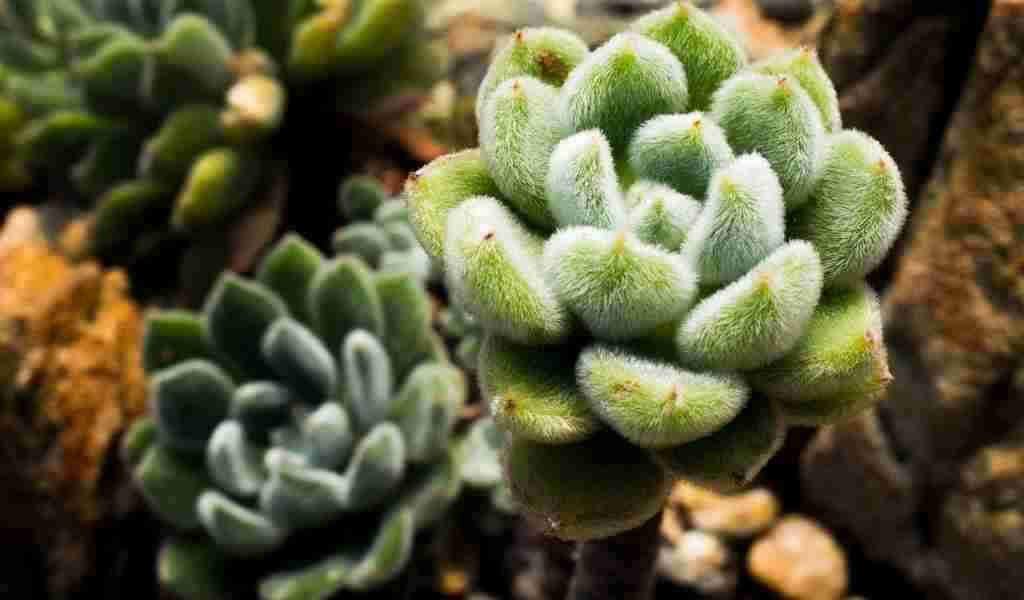
FUZZY, SOFT, Velvety SUCCULENTS
Fuzzy soft succulents are some of the cutest around. Some of my favorite succulents are fuzzy echeveria…
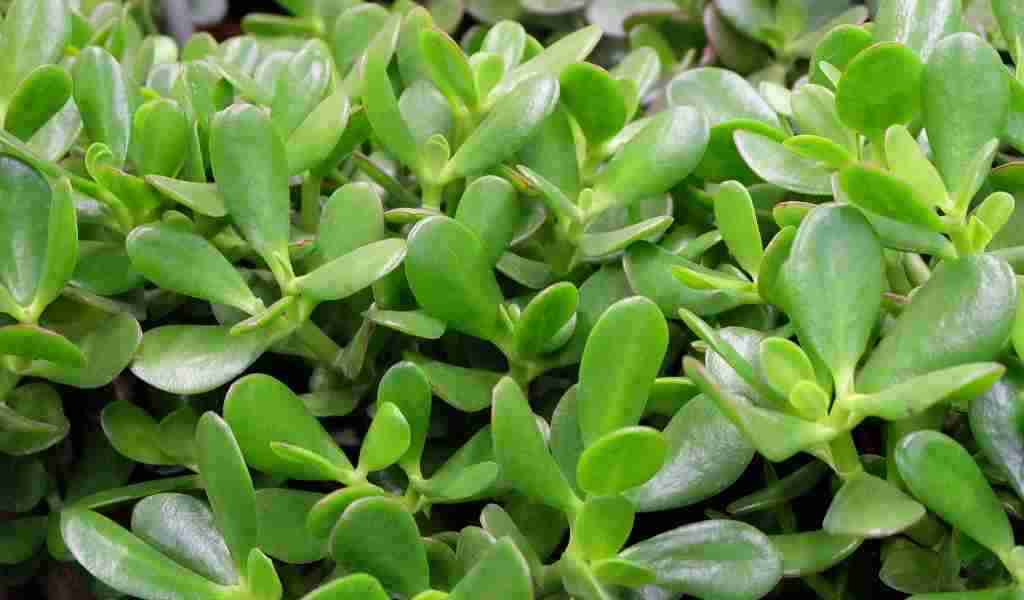
Are you having a hard time keeping these beautiful succulents alive? Let’s review the 5 ways you are killing your Jade.

Join our email mailing list
Sign up for the MoodyBloomsCo.com blog alerts and once subscribed, I will send you a notification when a new post has been made.
Support Moody Blooms by using the affiliate links to shop. We receive a small commission (at no extra cost to you) so we can continue to create helpful free content. Thank you, we appreciate it!










